Research theme

Disaster and the power to live
We are conducting various studies on human mind and behavior in disasters.
In particular, we clarified 8 factors (leadership, problem solving, altruism, stubbornness, etiquette, emotion regulation, self-transcendence, and active well-being) of the “power to live with disasters” in a survey of survivors of the Great East Japan Earthquake (2011), and using this questionnaire we are conducting various surveys, behavioral experiments, and clarification of their psychological and brain bases. We aim to apply the results of our research to disaster management and general education.
Eight Personal Characteristics Associated with the Power to Live with Disasters as Indicated by Survivors of the 2011 Great East Japan Earthquake Disaster (Sugiura et al., PLoS ONE, 2015)
A Concise Psychometric Tool to Measure Personal Characteristics for Surviving Natural Disasters: Development of a 16-Item Power to Live Questionnaire (Ishibashi et al., Geosciences, 2019)
Surveys and behavioral experiments
Psychological Processes and Personality Factors for an Appropriate Tsunami Evacuation (Sugiura et al., Geosciences, 2019)
Survival-oriented personality factors are associated with various types of social support in an emergency disaster situation (Sugiura et al., PLoS ONE, 2020)
Two Major Elements of Life Recovery After a Disaster: Their Impacts Dependent on Housing Damage and the Contributions of Psycho-Behavioral Factors (Sato et al., J Disaster Res, 2021)
Self-help and mutual assistance in the aftermath of a tsunami: How individual factors contribute to resolving difficulties (Sugiura et al., PLoS ONE, 2021)
Intentional binding and self-transcendence: Searching for pro-survival behavior in sense-of-agency (Niikuni et al., Conscious Cogn, 2022)
Adaptability, supernaturalness, and the neurocognitive basis of the self-transcendence trait: Toward an integrated framework through disaster psychology and a self-agency model (Sugiura, Front Behav Neurosci, 2022)
Does the eight-factor “power to live” in disaster exist since childhood? (Matsuzaki et al., Front Public Health, 2022)
Personality Traits and Types of Housing Recovery after the 2011 Great East Japan Earthquake and Tsunami (Honda et al., Sustainability, 2023)
Motivational decline and proactive response under thermal environmental stress are related to emotion- and problem-focused coping, respectively: Questionnaire construction and fMRI study (Kawata et al., Front Behav Neurosci, 2023)
Coping behavior under COVID-19 pandemic (Ding et al., Front Psychiatry, 2023)
Adoptation to digitization society (Hamamoto et al., Front Psychol, 2023)
Tsunami evacuation online experiment (Takubo et al., J Disaster Res, 2024)
Better-Than-Average effect (Ding et al., Fron Psychol, 2024)
Brain studies
Taking another’s perspective promotes right parieto-frontal activity that reflects open-minded thought (Miura et al., Social Neuroscience, 2020)
Automatic adaptive emotion regulation is associated with lower emotion-related activation in the frontoparietal cortex and other cortical regions with multi-componential organization (Sugiura et al., Front Behav Neurosci, 2023)
Why people hesitate to help: Neural correlates of the counter-dynamics of altruistic helping and individual differences in daily helping tendencies (Wijaya et al., Front Psychol, 2023)
Social-coalitional trait is related to coping capacity with mortality threat: association with leadership and a reduced parietal response to mortality salience (Hirano et al., Front Psychol, 2023)
- The Self in the Brain
- Where value comes from?
- Language and communication
- Disaster and the power to live
- Human brain science for the future
Related News
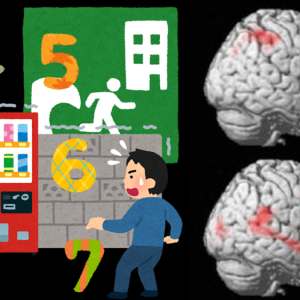
202303.08
Psychological and brain processes of tsunami evacuation decision making (symposium presentation)
When making a decision to evacuate from a tsunami in the event of an earthquake, what kind of psycho
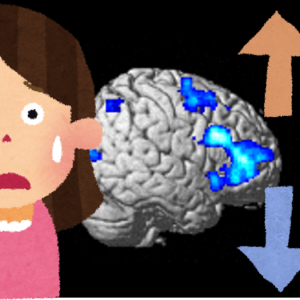
202303.06
Automatic adaptive emotion regulation is "unthinking"? (Paper publication)
Conscious emotion regulation strategies involve activity in the parietal/frontal cortex, but do simi

202212.12
Do the 8 factors of the “power to live” with disasters exist in elementary and junior high school students? (paper publication)
Eight factors of the "power to live" were extracted based on the views of adult survivors
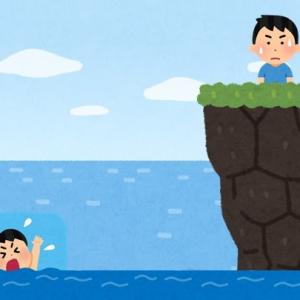
202210.27
Brain hesitant to help others (paper preprints available)
While many people know that they should help the person in need in front of them, they often hesitat
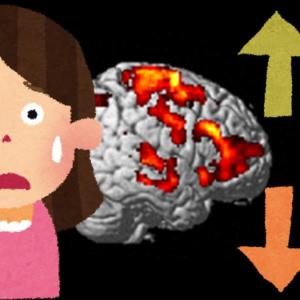
202210.06
Brain basis of adaptive emotional regulation traits (Preprints release)
Cognitive reappraisal (reinterpreting situations to make them less painful) and acceptance (acceptin
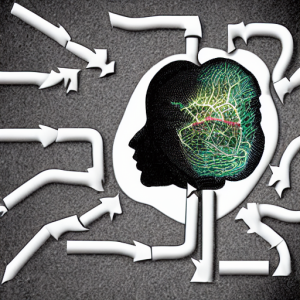
202208.18
Neurocognitive basis of self-transcendence trait (Paper publication)
The sense of self-transcendence is characterized by the supernaturalness of the expansion of the bou
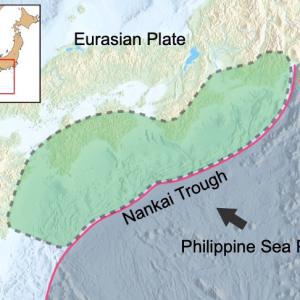
202206.30
Determinants of residents' pre-event evacuation intention for Nankai Trough Earthquake Extra Information (Preprint Release)
The pre-event evacuation of residents for a week based on the Nankai Trough Earthquake Extra Informa

202205.20
Relationship between sense of self-agency and self-transcendence (Paper publication)
The sense of self-agency in action distorts time perception at the sensorimotor level, the measure o
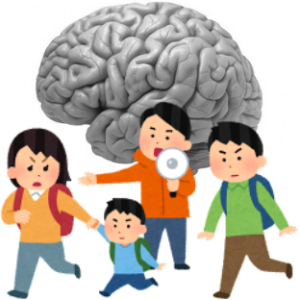
202203.01
Toward Understanding the Brain Mechanism of Disaster Prevention Education Effectiveness (Symposium Flash Talk)
What psychological process does disaster prevention education bring about its effects? We will eluci

202202.28
Psychological Determinants of Helping Behavior (Symposium presentation)
In recent years, cognitive neuroscience has focused exclusively on empathic concern as a psychologic

